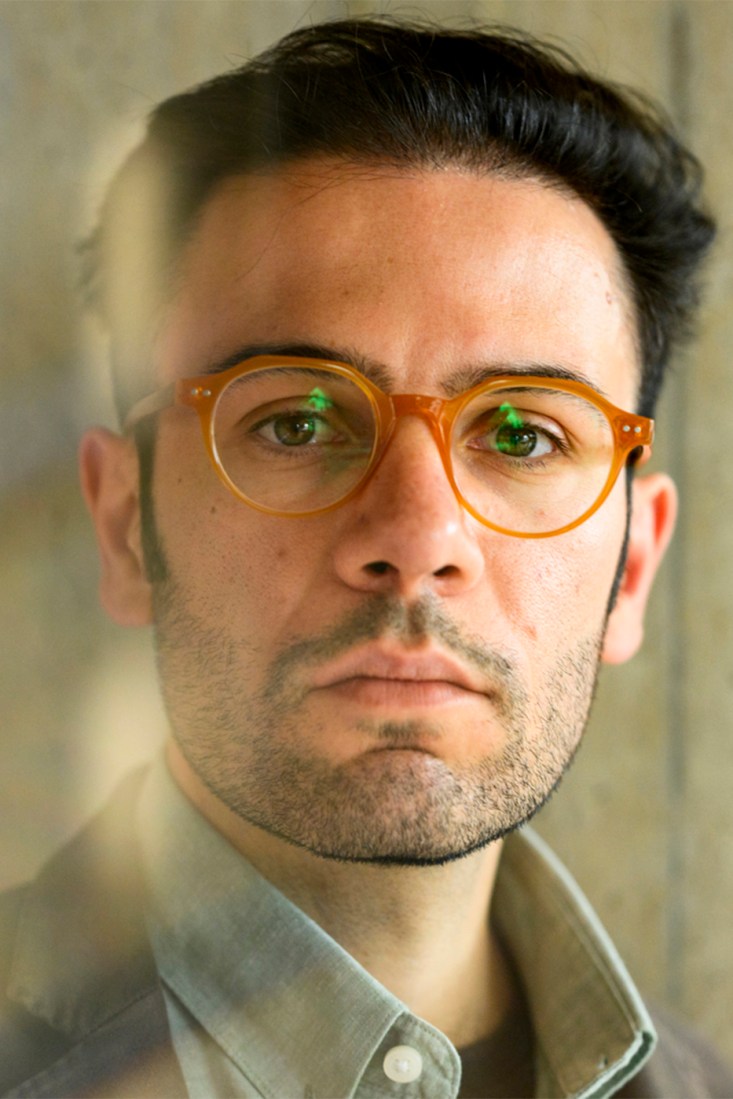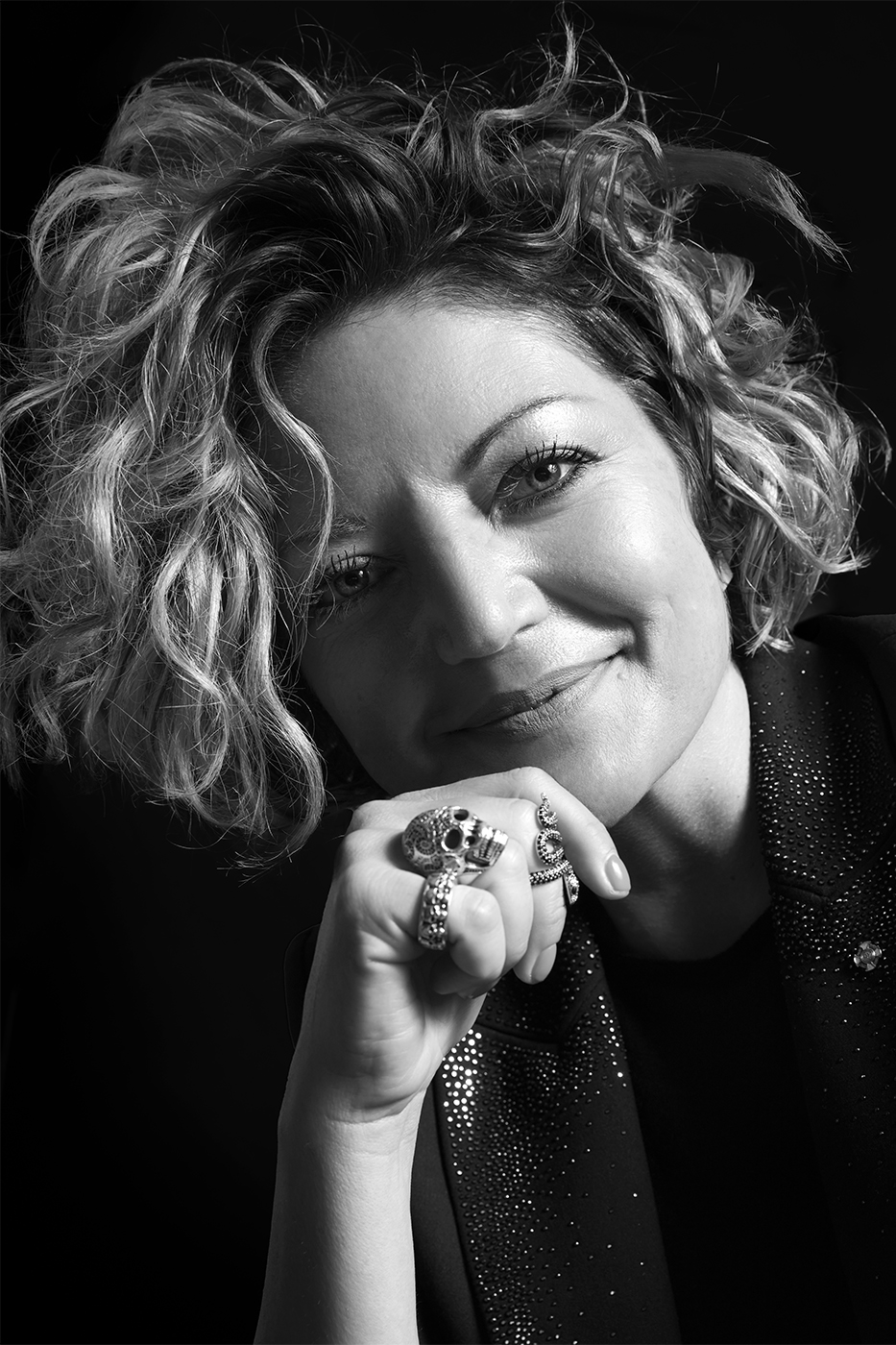Top France Covid adviser to share her experiences during London symposium hosted by Northeastern
Vittoria Colizza, an expert in infectious disease modeling, will open the inaugural British NetSci Symposium with her lecture ‘Human Behavior and Infectious Disease Epidemics’ on May 30.

LONDON — Vittoria Colizza is in the rare position of being able to cite the coronavirus pandemic as the “highlight” of her career — but it is an experience she never wants to repeat.
The Italian scientist, as head of research at France’s National Institute for Health and Medical Research (INSERM), played a key role in helping the French government and the country’s public health agencies understand the spread of COVID-19 and advising on how to contain the virus.
The expert in mathematical and computational modeling of infectious disease is due to share her experience and insight of a time she recalls being “chaotic” and “pressured” during a lecture on Northeastern University’s London campus to open the first British NetSci Symposium at 6:45 p.m. on Thursday, May 30.
The lecture at Northeastern’s Devon House is free, but registration is required.
Iacopo Iacopini is an assistant professor in Northeastern’s Network Science Institute and a member of the executive committee of the British chapter of the Network Science Society, which is organizing the event.


In addition to hosting the first day symposium, Iacopini said Northeastern has played a prominent role in the U.K. arm of the society since its founding last year.
“The chapter will serve as a hub for both leading experts and early-career network scientists based in the U.K.,” Iacopini said, “fostering dialogue among disciplines, facilitating the exchange of ideas and the growth of a widespread community centered on the latest and most urgent topics in network science and complex systems.
“This is, at the local level, what NetSI has been doing already over the last decade as a leading institution in the field. NetSI is now involved in the chapter in two different ways, with me sitting on the executive committee and Giovanni Petri on the advisory board of the chapter.”
Iacopini said Colizza’s lecture at the inaugural symposium will be a chance to hear from “one of the biggest names in the field.”
Featured Posts
He said her work during the pandemic — which saw French President Emmanuel Macron name Colizza a knight in the National Order of the Legion of Honour, while her native Italy bestowed its Knighthood of the Order of Merit upon her — is testament to the way network science “can be used to tackle current societal challenges.”
Colizza said she plans to use her lecture, “Human behavior and infectious disease epidemics,” to explore what network scientists and epidemiologists learned during the pandemic and “highlight some of the challenges that remain.”
Hailing from Rome and having spent time researching and teaching in the U.S., Colizza moved to France in 2011 for a job with INSERM with the aim of “putting models on the table of decision-makers” following her experience studying previous infectious disease outbreaks, such as swine flu.
Within less than a decade, she and her laboratory were assisting French ministers to grasp the threat that COVID-19, now a live virus, posed to the nation.
Her team advised ministers on the effectiveness of restrictions and in February 2021, Colizza fronted a press conference alongside French Health Minister Olivier Veran explaining to the public the likely impact of Alpha, a COVID-19 variant also known as B.1.1.7 that fueled a third wave of infections in France and elsewhere.
Colizza went into her career wanting to put infectious disease models at the forefront of epidemic decision-making.
Her position with INSERM during the COVID outbreak, a virus that was involved in 167,000 deaths in France and 6.8 million worldwide, according to John Hopkins Coronavirus Resource Center, meant she achieved that goal.
But when reflecting on the “extreme time pressure” she experienced during that time, it is a career peak she hopes never to revisit.
“So far, this has been the highlight of my career,” she said. “And if I had to be honest, I hope it remains the only one because another pandemic happening in the time frame of my professional career is something I would rather avoid for so many reasons, personal and more.
“It has been quite an experience.”
Now her attention has shifted to what to do with the masses of data collected on human behavior during the pandemic response and how network scientists immerse themselves in helping to “better anticipate what is going to happen” if there is ever a next time — something she plans to explore during her lecture at Northeastern’s Devon House.
“I think network science occupies a key, central position in order to respond to so many of these questions, so that is what I’m expecting — to bring challenges and then establish a fruitful dialogue with the community,” she said.










